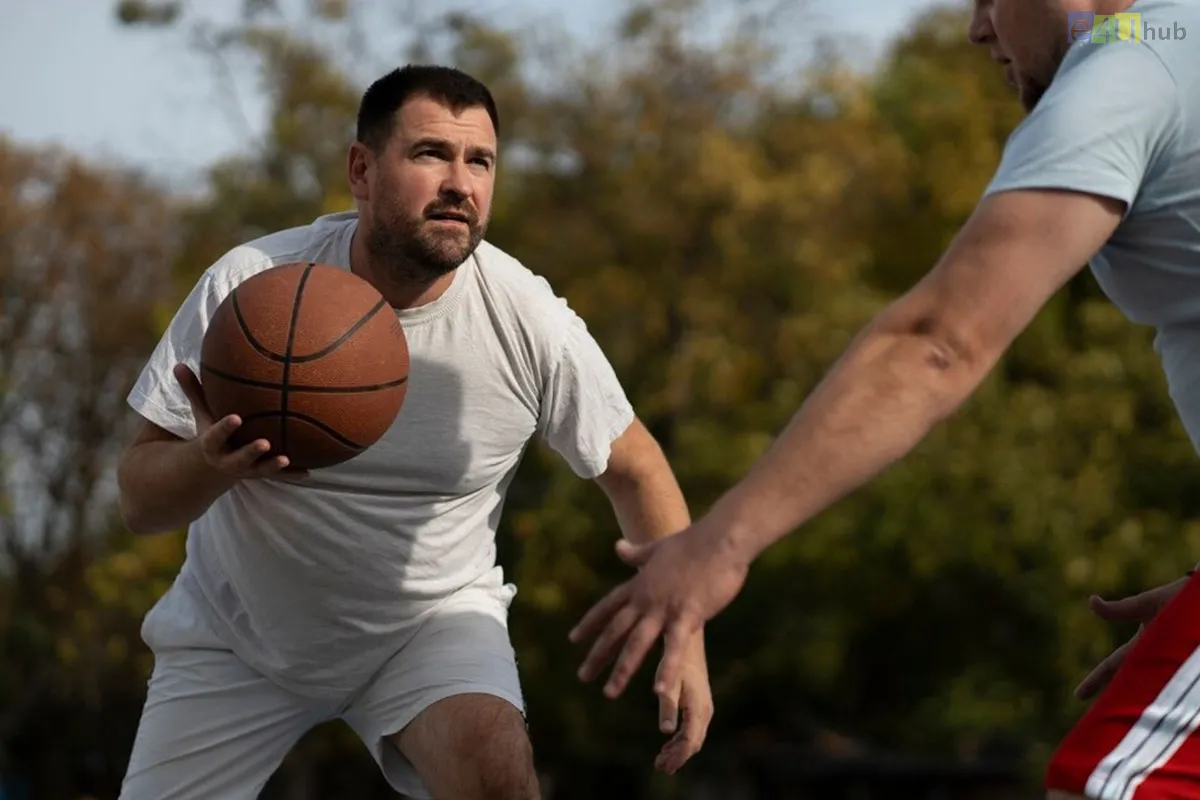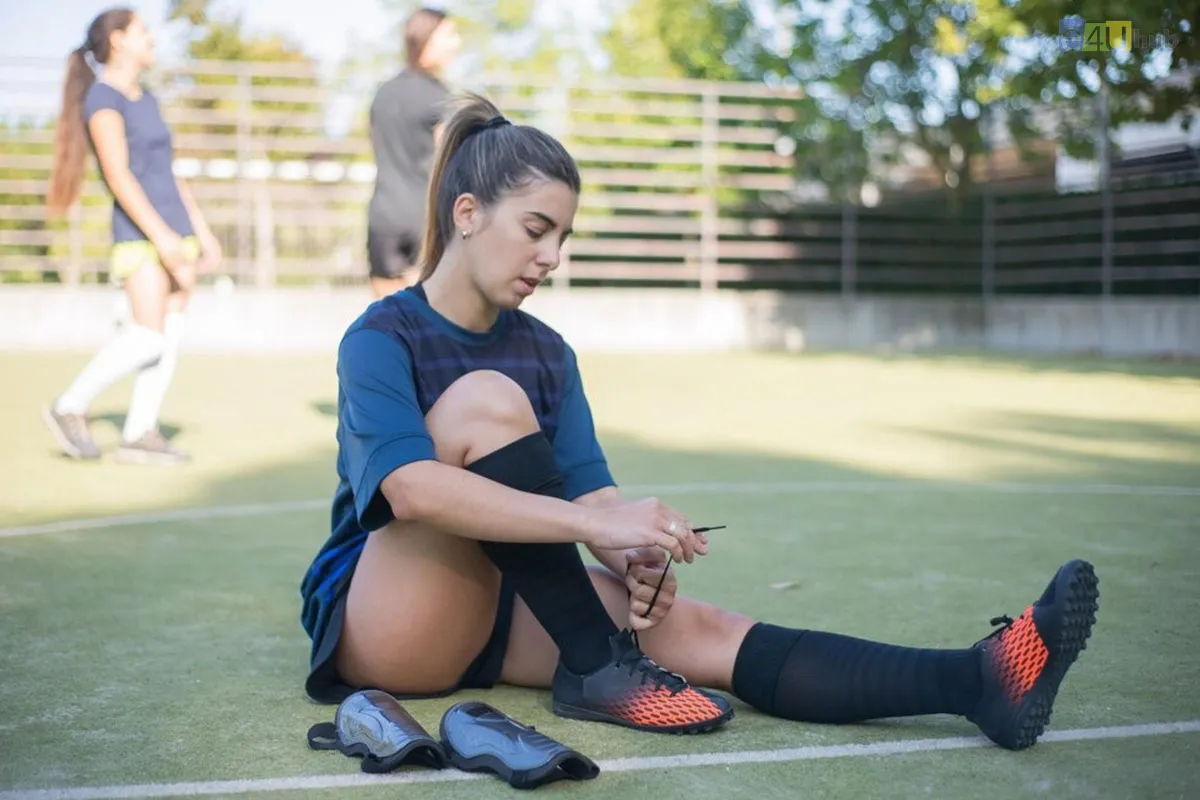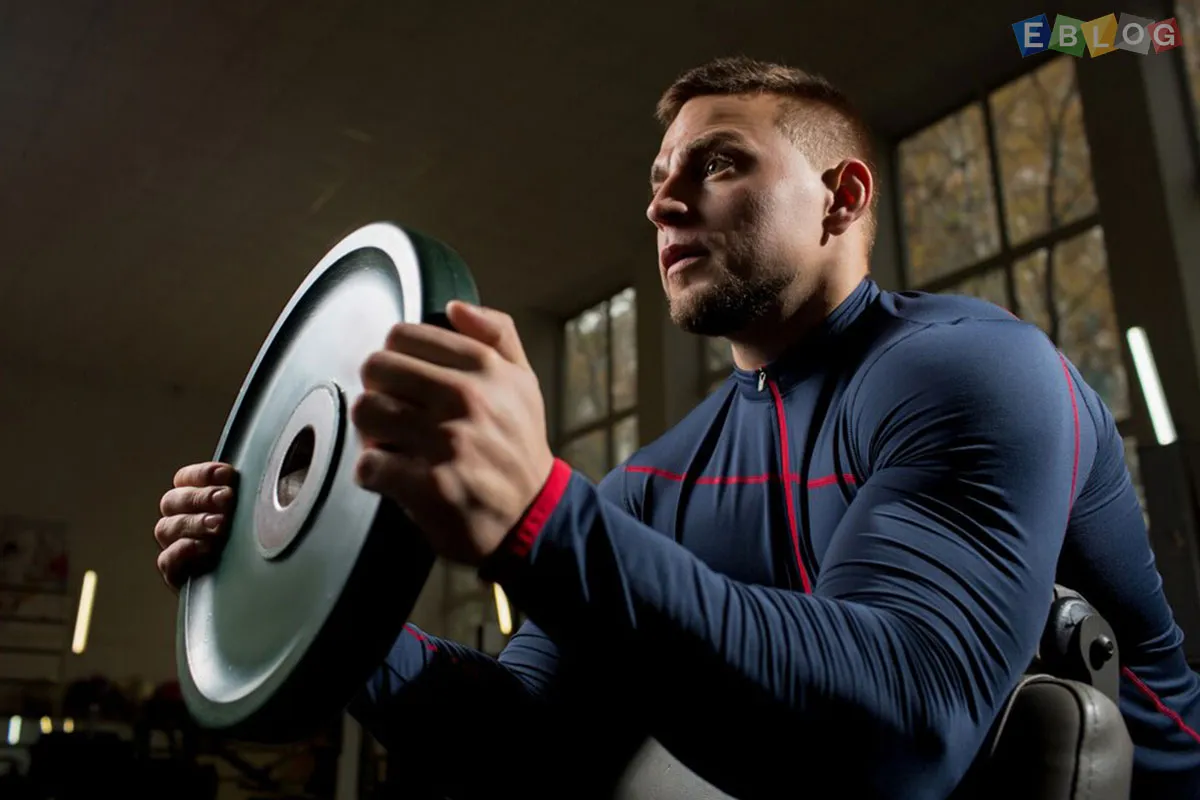
Mastering Mental Toughness: Strategies From Elite Athletes In 2024
- 13 Jun, 2024
- Sports
- 483 Views
- 0 Comments
In the high-stakes world of elite sports, physical prowess is only part of the equation for success. Equally critical is mental toughness—a trait that enables athletes to push through pain, maintain focus under pressure, and bounce back from setbacks. In 2024, this mental fortitude is more essential than ever, as the competitive landscape continues to intensify across all sports. Let’s explore elite athletes' strategies to master mental toughness and how you can apply these techniques in your own life.
1. Embrace a Growth Mindset
One of the foundational aspects of mental toughness is a growth mindset—a concept popularized by psychologist Carol Dweck. Athletes with a growth mindset view challenges as opportunities to learn and grow rather than as insurmountable obstacles. For instance, tennis star Novak Djokovic attributes much of his success to his belief in constant self-improvement and learning from every match, win or lose.
How to Apply:
a. Embrace Challenges: See difficulties as opportunities to develop new skills.
b. Learn from Criticism: Use feedback to improve rather than take it personally.
c. Celebrate Effort: Recognize and reward your efforts, not just outcomes.
2. Visualization Techniques
Visualization is a powerful tool many elite athletes use to prepare mentally for competition. By vividly imagining success, they prime their minds to achieve their goals. Olympic gymnast Simone Biles is known for her rigorous visualization routines, mentally rehearsing her routines to perfection before stepping onto the mat.
How to Apply:
a. Daily Visualization: Spend a few minutes each day visualizing your goals and the steps needed to achieve them.
b. Detailed Imagery: Engage all your senses to make your visualization as realistic as possible.
c. Positive Outcomes: Focus on visualizing positive outcomes to build confidence and reduce anxiety.
3. Mindfulness and Meditation
Mindfulness and meditation have gained immense popularity among athletes for their ability to enhance focus and reduce stress. Mindfulness involves staying present in the moment, which helps athletes maintain concentration during critical moments. Basketball star LeBron James regularly practices meditation to manage stress and maintain peak performance.
How to Apply:
a. Start Small: Begin with just a few minutes of meditation each day.
b. Focus on Breath: Use your breath as an anchor to stay present.
c. Body Scan: Regularly check in with your body to identify and release tension.
4. Resilience Training
Resilience is the capacity to recover quickly from difficulties. Elite athletes face numerous setbacks, from injuries to losses, and their ability to bounce back is crucial. Soccer legend Cristiano Ronaldo has faced numerous challenges throughout his career but always returns stronger due to his resilient mindset.
How to Apply:
a. Positive Self-Talk: Replace negative thoughts with positive affirmations.
b. Set Small Goals: Break down large challenges into manageable steps.
c. Seek Support: Build a support network to help you through tough times.
5. Structured Routines
Having a structured routine helps athletes maintain discipline and consistency, which are vital for mental toughness. Marathon runner Eliud Kipchoge, the first person to run a marathon in under two hours, follows a meticulously planned daily routine that balances training, rest, and nutrition.
How to Apply:
a. Plan Your Day: Create a daily schedule that includes time for work, exercise, and relaxation.
b. Consistency is Key: Stick to your routine as closely as possible to build discipline.
c. Flexibility: Allow some flexibility to adapt to unexpected changes without losing focus.
6. Goal Setting
Setting clear, achievable goals is essential for maintaining motivation and direction. Swimmer Katie Ledecky sets both short-term and long-term goals to stay focused and motivated throughout her training and competitions.
How to Apply:
a. SMART Goals: Ensure your goals are Specific, Measurable, Achievable, Relevant, and Time-bound.
b. Track Progress: Regularly review and adjust your goals based on your progress.
c. Celebrate Milestones: Recognize and celebrate your achievements to stay motivated.














Leave a Reply